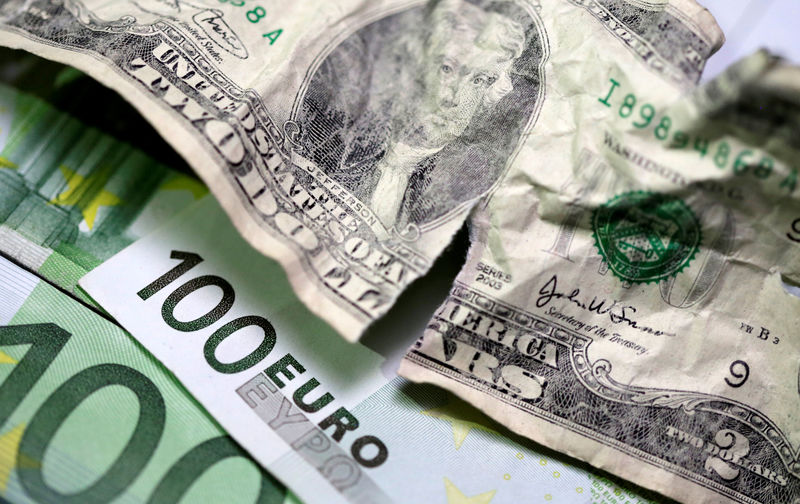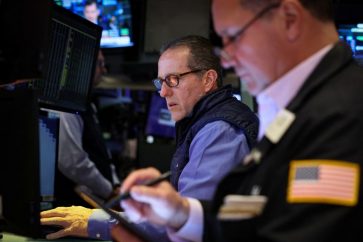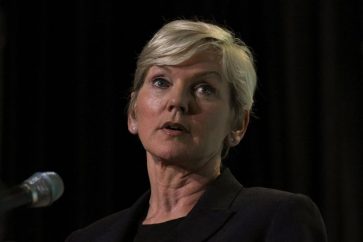After the Federal Reserve indicated a pause to its year-long tightening cycle after its most recent interest rate hike, the U.S. dollar continued its decline in early European trade on Thursday.
After the Federal Reserve indicated a pause to its year-long tightening cycle after its most recent interest rate hike, the U.S. dollar continued its decline in early European trade on Thursday.
In a significant shift, the U.S. central bank no longer “anticipates” that additional rate hikes will be required to control inflation after raising interest rates by 25 basis points on Wednesday, as was generally anticipated.
This should “mark the end of this hiking cycle as the Fed may rely on the impact of financial conditions deriving from the recent banking crisis to deliver the final bit of tightening,” analysts at ING wrote in a note.
Given that First Republic Bank (NYSE:FRC) collapsed over the weekend, three regional banks have failed in the past two months, and the instability of the American banking sector has recently put pressure on the dollar.
After Bloomberg reported that the bank would consider strategic options on Thursday, the unrest escalated late on Wednesday as PacWest Bancorp (NASDAQ:PACW) stock dropped more than 50% in after-hours trading.
The European Central Bank is the main topic of discussion this Thursday since it is anticipated that it will increase interest rates later in the session, probably by 25 basis points, without providing a dovish assessment of future policy.
According to analysts at Deutsche Bank, the EUR/USD increased 0.2% to 1.1075, slightly below its most recent one-year high of 1.1096, and is anticipated to climb to its highest point since 2021.
The German bank stated, “We see EUR/USD continuing its drift higher towards 1.15 by mid-year.” “While the Fed now appears willing to take a break, the ECB may still need to work, and we expect it to speed up its QT programme.”
Later in the day, data on producer prices for the euro zone’s March are expected to be released; while this would indicate a monthly decline of 1.7%, it would still represent an annual gain of 5.9%.
The Bank of England is also anticipated to tighten next week since inflation remains extremely high. The GBP/USD exchange rate traded 0.1% higher at 1.2575, close to an 11-month high of 1.2594.
USD/JPY decreased 0.3% to 134.29, with the yen gaining support from declining US government yields and rising demand for safe haven assets in response to escalating US banking fears.
Strong retail sales and trade balance figures helped the Australian dollar rise by 0.1% to 0.6673, while China reopened after its “Golden Week” holiday, and the US dollar declined by 0.1% to 6.9059.




 By:
By:





